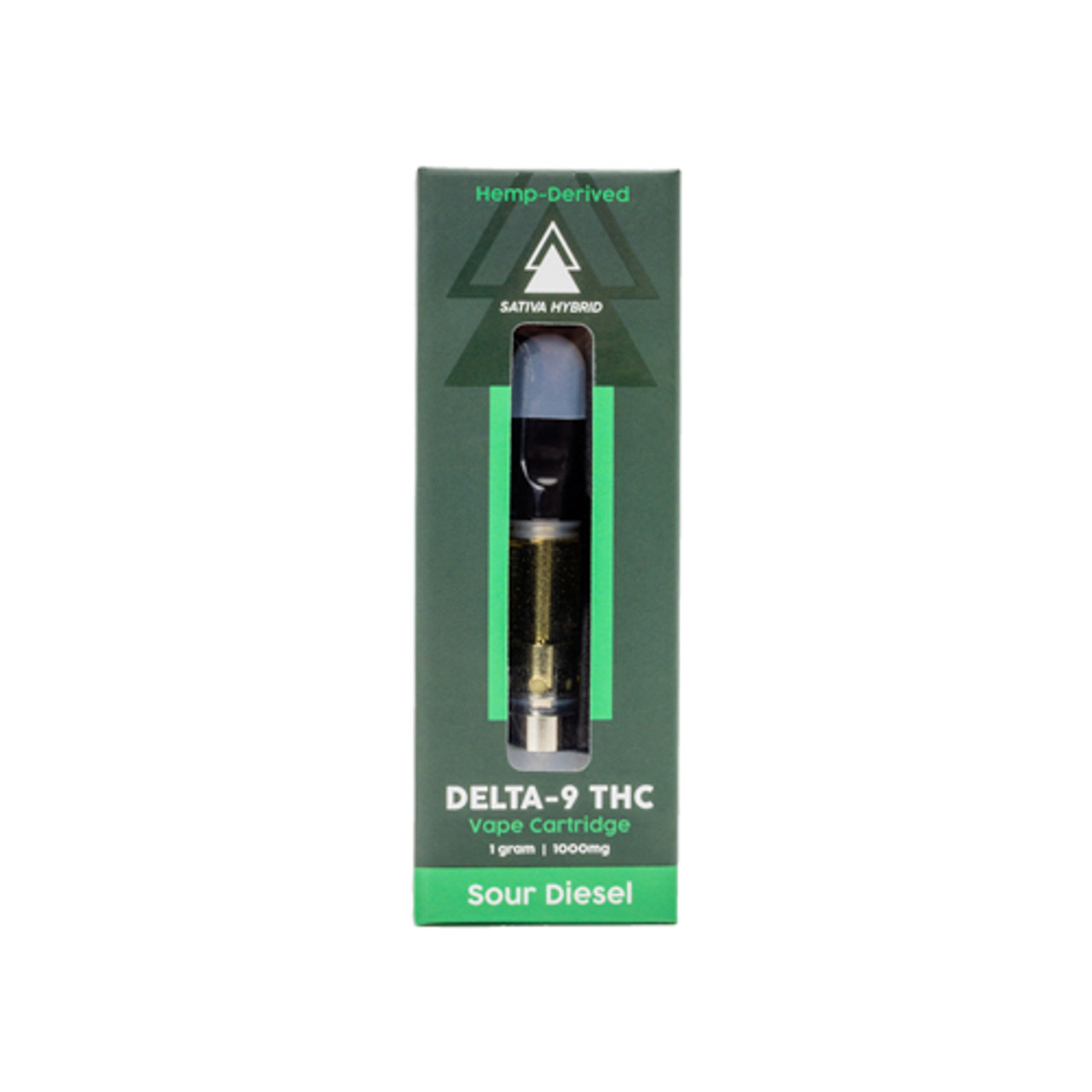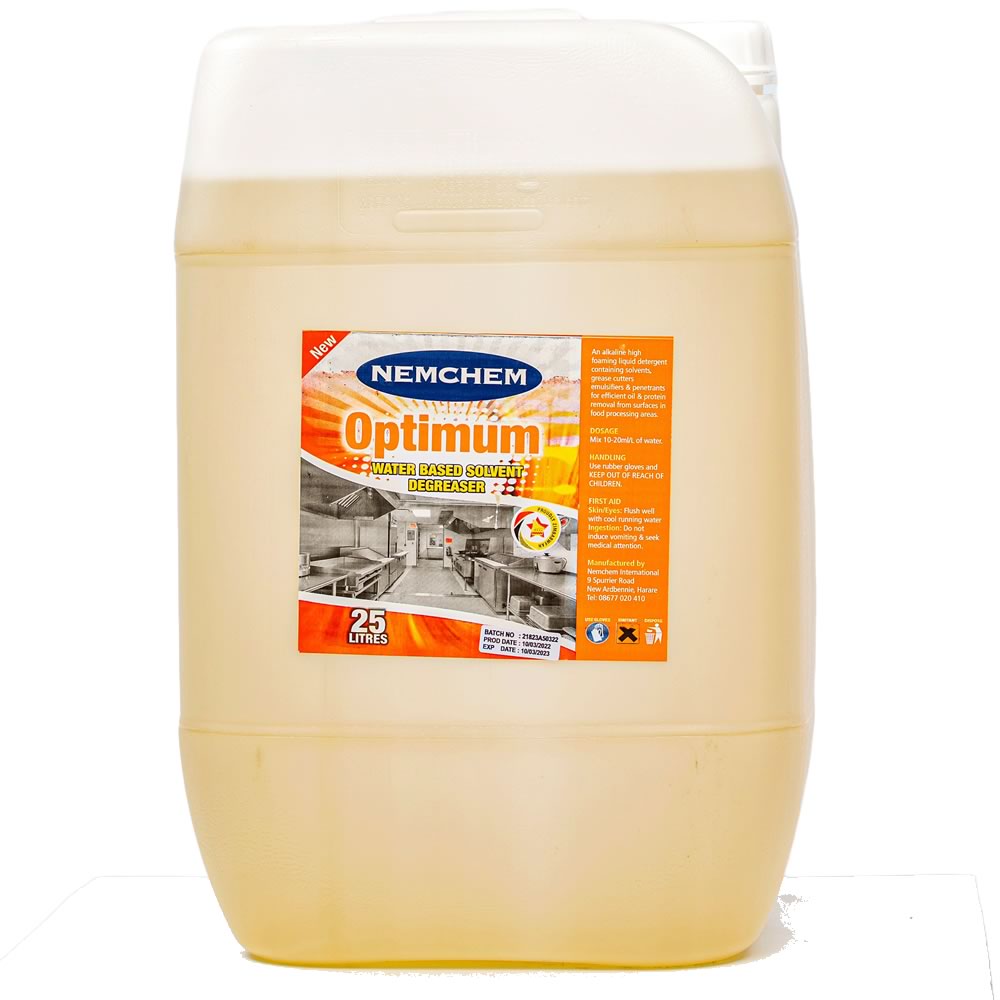Optimum diesel performance is a critical concern for anyone who relies on diesel-powered vehicles or machinery. Whether you're a fleet manager, a diesel enthusiast, or an everyday driver, understanding how to maximize fuel efficiency and engine performance can lead to significant cost savings and reduced environmental impact. In this comprehensive guide, we will explore the best practices, tools, and strategies to achieve optimum diesel performance.
Modern diesel engines are designed to deliver power, durability, and efficiency. However, achieving the highest level of performance requires a combination of proper maintenance, fuel management, and advanced technology. This article will cover everything you need to know about optimizing diesel engines, from understanding the basics to implementing advanced techniques.
By the end of this guide, you will have a clear understanding of how to improve your diesel engine's performance, save money on fuel costs, and reduce emissions. Let's dive in!
Read also:Triple E Bbq Lake Of Egypt The Ultimate Bbq Experience By The Lake
Table of Contents
- Understanding Diesel Engines and Their Performance
- The Importance of Regular Maintenance for Optimum Diesel Performance
- The Role of Fuel Quality in Diesel Efficiency
- Biography of Key Figures in Diesel Technology
- Advanced Techniques for Enhancing Diesel Performance
- Common Issues That Affect Diesel Performance
- Eco-Friendly Solutions for Optimum Diesel
- Cost-Saving Strategies for Diesel Owners
- Future Trends in Diesel Engine Technology
- Conclusion and Next Steps
Understanding Diesel Engines and Their Performance
Diesel engines have been a cornerstone of modern transportation and industry for over a century. Developed by Rudolf Diesel in the late 19th century, these engines operate on the principle of compression ignition, where fuel is injected into a highly compressed air chamber, causing it to ignite spontaneously. This process makes diesel engines more efficient than their gasoline counterparts, especially under heavy loads.
Key Features of Diesel Engines
Several factors contribute to the performance of diesel engines:
- Compression Ratio: Diesel engines typically have a higher compression ratio than gasoline engines, which enhances thermal efficiency.
- Fuel Injection Systems: Modern diesel engines use advanced fuel injection systems to ensure precise fuel delivery, improving performance and reducing emissions.
- Torque Output: Diesel engines are known for their high torque output, making them ideal for heavy-duty applications such as trucks, buses, and construction equipment.
Understanding these features is essential for anyone looking to achieve optimum diesel performance. Proper maintenance and optimization techniques can further enhance these inherent advantages.
The Importance of Regular Maintenance for Optimum Diesel Performance
Regular maintenance is crucial for maintaining the health and performance of a diesel engine. Neglecting routine checks and services can lead to reduced efficiency, increased fuel consumption, and costly repairs. Below are some key maintenance tips to ensure optimum diesel performance:
Essential Maintenance Practices
- Oil Changes: Regular oil changes are vital for keeping the engine lubricated and free from contaminants. Use high-quality diesel engine oil that meets the manufacturer's specifications.
- Air Filters: Clean or replace air filters as needed to ensure proper airflow into the engine.
- Fuel Filters: Diesel fuel filters should be inspected and replaced regularly to prevent debris and water from entering the fuel system.
By adhering to these maintenance practices, you can significantly extend the lifespan of your diesel engine and improve its overall performance.
The Role of Fuel Quality in Diesel Efficiency
Fuel quality plays a critical role in achieving optimum diesel performance. Poor-quality fuel can lead to engine deposits, reduced efficiency, and increased emissions. To ensure your diesel engine operates at peak performance, it's important to use high-quality fuel that meets industry standards.
Read also:Hdhub4u Com In Bollywood Movies The Ultimate Guide
Factors Affecting Fuel Quality
- Cetane Number: The cetane number indicates the ignition quality of diesel fuel. Higher cetane numbers result in smoother combustion and improved engine performance.
- Water Content: Excessive water in diesel fuel can cause corrosion and damage to fuel system components.
- Additives: Using fuel additives can help clean the fuel system, improve combustion, and reduce emissions.
Investing in high-quality fuel and additives can lead to long-term savings and better performance for your diesel engine.
Biography of Key Figures in Diesel Technology
Rudolf Diesel, the inventor of the diesel engine, was born on March 18, 1858, in Paris, France. His groundbreaking work in thermodynamics led to the development of the first successful compression-ignition engine in 1892. Diesel's vision was to create an engine that was more efficient and economical than existing steam engines, and his invention revolutionized the transportation and industrial sectors.
Rudolf Diesel's Key Contributions
| Full Name | Rudolf Christian Karl Diesel |
|---|---|
| Date of Birth | March 18, 1858 |
| Place of Birth | Paris, France |
| Major Achievement | Invention of the diesel engine |
Rudolf Diesel's legacy continues to influence modern diesel technology, with ongoing advancements building upon his original design principles.
Advanced Techniques for Enhancing Diesel Performance
For those looking to take their diesel engine performance to the next level, several advanced techniques can be employed. These methods often involve modifications to the engine, fuel system, and exhaust system. However, it's important to consult with a professional before making any significant changes to ensure compliance with regulations and warranties.
Popular Performance Enhancements
- Performance Chips: Also known as engine control units (ECUs), these devices can be reprogrammed to optimize fuel delivery and improve engine performance.
- Cold Air Intakes: Installing a cold air intake system can increase airflow to the engine, resulting in improved combustion and power output.
- Exhaust Upgrades: Upgrading to a high-performance exhaust system can reduce backpressure and enhance engine efficiency.
While these techniques can significantly improve diesel performance, it's important to weigh the benefits against potential costs and maintenance requirements.
Common Issues That Affect Diesel Performance
Even with proper maintenance and high-quality fuel, diesel engines can experience performance issues due to various factors. Identifying and addressing these problems early can prevent more severe damage and costly repairs. Below are some common issues that affect diesel performance:
Typical Diesel Engine Problems
- Injector Failures: Faulty fuel injectors can lead to poor fuel delivery and reduced performance. Regular inspection and cleaning can prevent these issues.
- Glow Plug Malfunctions: Glow plugs are essential for starting diesel engines in cold weather. If they fail, the engine may struggle to start or run roughly.
- Excessive Smoke: Black or white smoke from the exhaust can indicate problems such as dirty air filters or improper fuel combustion.
By staying vigilant and addressing these issues promptly, you can maintain optimum diesel performance and avoid unnecessary downtime.
Eco-Friendly Solutions for Optimum Diesel
With growing concerns about climate change and environmental sustainability, many diesel owners are seeking eco-friendly solutions to improve their engine's performance while reducing emissions. Advances in technology and alternative fuels have made it possible to achieve both goals simultaneously.
Green Diesel Innovations
- Biodiesel: Made from renewable resources such as vegetable oils and animal fats, biodiesel is a cleaner-burning alternative to traditional diesel fuel.
- Hybrid Systems: Combining diesel engines with electric motors can significantly reduce fuel consumption and emissions.
- Exhaust Treatments: Technologies such as diesel particulate filters (DPFs) and selective catalytic reduction (SCR) systems help reduce harmful emissions.
Adopting these eco-friendly solutions not only benefits the environment but also aligns with regulatory requirements and consumer expectations.
Cost-Saving Strategies for Diesel Owners
Achieving optimum diesel performance doesn't have to come at a high cost. By implementing cost-saving strategies, diesel owners can improve efficiency while reducing expenses. Below are some practical tips for saving money on diesel-related costs:
Money-Saving Tips
- Fuel Efficiency: Maintain proper tire pressure, reduce unnecessary weight, and adopt fuel-efficient driving habits to maximize fuel economy.
- Preventive Maintenance: Regular maintenance can prevent costly repairs and extend the life of your vehicle or equipment.
- Fuel Discounts: Take advantage of fuel discount programs and loyalty rewards to save on fuel costs.
These strategies can help you achieve optimum diesel performance while keeping costs under control.
Future Trends in Diesel Engine Technology
The future of diesel engine technology is bright, with ongoing advancements in efficiency, emissions control, and alternative fuels. As the world moves toward a more sustainable future, diesel engines are evolving to meet these challenges while maintaining their reputation for power and reliability.
Emerging Trends in Diesel Technology
- Electric-Hybrid Diesel Systems: Combining diesel engines with electric powertrains offers the best of both worlds, providing increased efficiency and reduced emissions.
- Advanced Fuel Technologies: Research into synthetic and hydrogen-based fuels is paving the way for cleaner and more sustainable diesel alternatives.
- Smart Engine Management: Artificial intelligence and machine learning are being integrated into diesel engine systems to optimize performance and reduce fuel consumption.
Staying informed about these trends will help diesel owners and industry professionals prepare for the future of diesel technology.
Conclusion and Next Steps
In conclusion, achieving optimum diesel performance requires a combination of proper maintenance, high-quality fuel, and advanced techniques. By following the tips and strategies outlined in this guide, you can improve the efficiency, reliability, and environmental impact of your diesel engine. Remember to stay informed about the latest trends and technologies in diesel technology to ensure your vehicle or equipment remains competitive and compliant with regulations.
We invite you to share your thoughts and experiences in the comments section below. Have you implemented any of the strategies discussed in this article? What results have you seen? Don't forget to explore other articles on our site for more valuable insights and tips. Together, let's drive the future of diesel technology forward!


